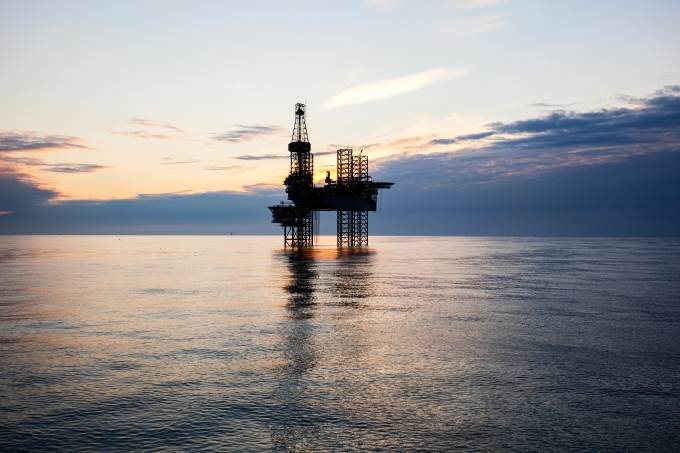 Oil prices plummeted to their lowest prices in over 17 years on Monday as the price war between Russia and Saudi Arabia showed no signs of a truce. Brent crude prices touched as low as $23.03 per barrel during the Asian trading session, a price not seen since November 2002. After touching that low Brent rebounded slightly, trading at $23.56 per barrel as of 2:22 p.m. HK/SIN, a loss of 5.62 percent. U.S. WTI futures were down 3.72 percent to $20.71 per barrel. The oil price declines in March have been the steepest in history.
Oil prices plummeted to their lowest prices in over 17 years on Monday as the price war between Russia and Saudi Arabia showed no signs of a truce. Brent crude prices touched as low as $23.03 per barrel during the Asian trading session, a price not seen since November 2002. After touching that low Brent rebounded slightly, trading at $23.56 per barrel as of 2:22 p.m. HK/SIN, a loss of 5.62 percent. U.S. WTI futures were down 3.72 percent to $20.71 per barrel. The oil price declines in March have been the steepest in history.
U.S. President Donald Trump has aggressively urged both oil producers to come to an agreement about oil production and prices, but Saudi Arabia has said that it is not currently in talks with Russia to solve the problem. The spat between the oil titans started earlier in March when Russia dismissed OPEC’s request to continue cutting oil supply in an effort to boost prices. In response, Saudi Arabia announced that it would ramp up its own production while slashing its oil prices.
Reduced demand thanks to coronavirus closures will only further harm the industry and will also hinder refiners. Fatih Birol, head of the International Energy Agency, told Reuters on Friday that with 3 billion people in lockdown around the world, global demand could decline by as much as 20 percent. Storage capacity is also being questioned, as the increase in oil that has no customers is likely to create more oil than there is storage space.
Africa Could Be the Hardest Hit
The declining oil prices are having damaging effects far beyond Russia and the Middle East. African countries such as Nigeria, Angola, and Algeria simply can’t compete with lower costs due to higher production costs and less cash reserves in those areas. Some African countries have already appealed to OPEC to solve the oil price crisis, but with little leverage for Africa and significant tensions between OPEC and Russia, it does not seem likely that OPEC will be eager to move towards a solution.
Analysts expect a decline in production by 200,000 barrels per day across Africa by 2025. The more pressing problem is that without income from oil sales, African countries will lack the funding needed to fight the coronavirus, which many epidemiologists believe will only soon begin to spread more wildly in Africa. Nigeria has said that it needs $333.33 million to fight the coronavirus, but it has already trimmed nearly $5 billion from its budget and halted essential projects, moves which may prevent the country from having the funding it needs to contain the virus. Algeria is facing similar difficulties, as are Angola and Congo.
